www.upress.state.ms.us
The University Press of Mississippi is a member of the Association of University Presses.
Copyright 2018 by University Press of Mississippi
All rights reserved
Manufactured in the United States of America
First printing 2018
Library of Congress Cataloging-in-Publication Data
Names: Lechtreck, Elaine Allen, author.
Title: Southern white ministers and the civil rights movement / Elaine Allen Lechtreck.
Description: Jackson : University Press of Mississippi, [2018] | Includes bibliographical references and index. |
Identifiers: LCCN 2017054274 (print) | LCCN 2018002201 (ebook) | ISBN 9781496817549 (epub single) | ISBN 9781496817556 (epub institutional) | ISBN 9781496817563 ( pdf single) | ISBN 9781496817570 (pdf institutional) | ISBN 9781496817525 (hardcover : alk. paper) | ISBN 9781496817532 (pbk. : alk. paper)
Subjects: LCSH: ClergyAttitudes. | Race relationsReligious aspectsChristianity. | Church and social problems. | Church work with African Americans. | ClergyPolitical activityUnited States20th century. | Civil rightsReligious aspectsChristianityHistory20th century. | African AmericansCivil rightsHistory20th century. | Civil rights movementsUnited StatesHistory20th century. | Civil rights movementsSouthern StatesReligious aspectsHistory. | United StatesHistory20th century.
Classification: LCC E185.61 (ebook) | LCC E185.61 .L469 2018 (print) | DDC 261.7dc23
LC record available at https://lccn.loc.gov/2017054274
British Library Cataloging-in-Publication Data available
CONTENTS
Trouble Ahead
Boycotts, Sit-Ins, Freedom Rides, Mass Demonstrations
Trouble Outside, Trouble Within
Washington, DC; Chapel Hill; Selma; Louisville
New Leaders, Riots, Voices of Southern White Ministers, the Assassination of Martin Luther King Jr., and a Demand for Reparations
Jordan, McClain, Finlator, Moose, Sanderson, and Frank
Movers, Shakers, Dissidents, Reformers, Missioners
ACKNOWLEDGMENTS
I am not a southerner but I came to love the South, the warmth of its people, the slower pace of life, the live oak trees, the lush pine and hickory forests, the underground springs and caves, the stately old mansions with colonnaded porchesI longed to be part of the habitat. In 1991 I moved to Alabama when I married Roy Lechtreck, a professor at the University of Montevallo. I then began doctoral studies in US history at the Union Institute of Cincinnati, Ohio; an internship at the Department of Archives and Manuscripts at the Birmingham Public Library; and a search for a research topic. I consulted Marvin Yeomans Whiting, head of the Department of Archives and supervisor of my internship. I told him of my interest in finding stories of southern ministers who preached for racial justice during the 1950s and 1960s. I asked him if he knew of any of these ministers. He replied, I am one. He told me his story, and I knew my lifes work had begun.
Whiting (19342010), a Georgia native, was assigned to two small Methodist churches in rural southwest Georgia after his graduation from the Candler School of Theology at Emory University in 1959. When the wife of one of his parishioners claimed that a black man approached her with sexual advances, the husband and his friends responded by tying the accused to the end of a pickup truck and dragging him across the countryside until he was a bloody mess and died. As part of a sermon, Whiting condemned the lynching, but nothing was done to apprehend the murderers. Instead, Whiting was suddenly called before the officers of the church and asked to resign with the approval of the bishop: In the South there was a culture of silence before and after the Civil War, especially within the churches. It was forbidden to speak of racial crimes.1
Whiting then decided that he was better suited to an academic career. He left the ministry and continued his education, earning a masters degree, cum laude, in history from Emory University; a PhD in American religious history from Columbia University; and another masters degree in librarianship from Emory University. He then embarked on a long career as director of Archives for the Birmingham Public Library, curator of the Birmingham/Jefferson County History Museum, professor of American history at Birmingham Southern University, and author of many books and scholarly articles.2
During the late 1970s, while serving on the board of the Birmingham Historical Society, he worked to establish the Birmingham Civil Rights Institute and became one of its founding fathers. He commented, I am proud of what is there and what it says as a voice for Birmingham.3 At last Whiting was able to do something for racial justice. He is commemorated by a plaque at the institutes entrance. Whiting led me to many of the ministers whose stories are included in this book.
Another person to whom I am indebted is Arkansas poet and professor emeritus of English at the University of Arkansas, Miller Williams. When Williams told me about his father, Rev. E. B. Williams (18941968) of the Northeast Arkansas Methodist Conference, I knew I had another story that needed to be told. Rev. Williams began his civil rights activism during the 1930s when he established a branch of the fledgling and short-lived Southern Tenant Farmers Union (STFU) in the basement of his church in Hoxie, Arkansas. The STFU was interracial and constantly under attack as a subversive Communist organization in defiance of local laws. The local authorities could not see that the meeting was being held because there were no windows in the basement of the church. If they could see what was going on, Rev. Williams and all involved would have been arrested.4
During the 1940s, long before the civil rights movement, E. B. Williams insisted on open seating in his churches; he established interracial youth groups, preached for the equality of women, and taught his children never to use the n word. On one occasion in Fort Smith, he was called out of his house in the middle of the night by a man with a rifle. As Miller Williams relates, My father went out because he thought the man was calling for help. When my mother realized he was in trouble, she joined him. The man with the rifle forced both of them to lie face down on the front porch and threatened to kill them. Gradually, my father managed to establish a dialogue with the man. As the man began to sober up, he backed off and disappeared. My father probably told him there were different ways of looking at situations. Miller Williams commented, People at those critical times feared that their way of life was disappearing. They became members of the Nightriders, the Ku Klux Klan, and later the White Citizens Councils and White America, Inc., because they feared change.5
In 1957 E. B. Williams, age sixty-three, then pastor of Gardner Memorial Methodist Church in North Little Rock, protested the action of Governor Orval Faubus when the governor ordered a barricade to keep nine black students from entering Central High School in Little Rock. E. B. Williams preached, If God is for us, who can be against us? He urged his people to forget striking out against black neighbors and to go forth and proclaim the good words of the Bible, You shall love your neighbor as yourself. The sermon was reported in major media around the country by a popular news commentator, Drew Pearson.6

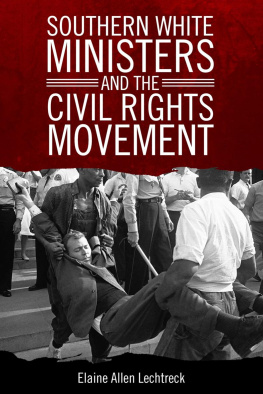
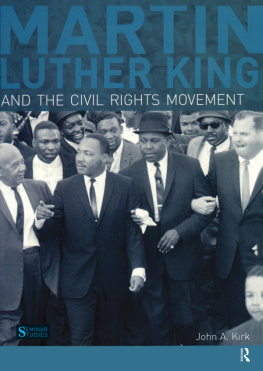
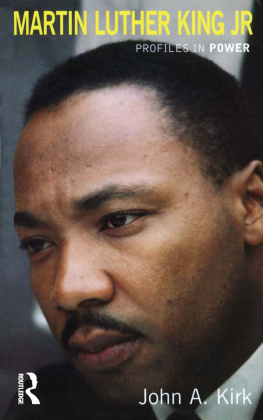
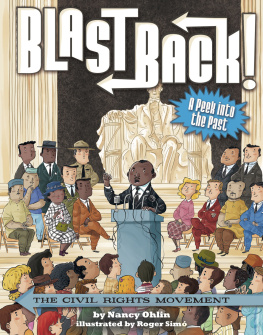



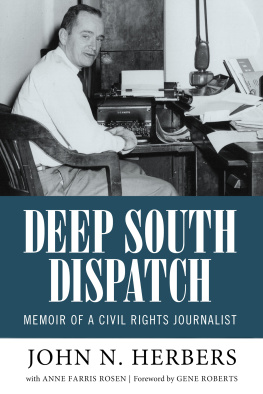
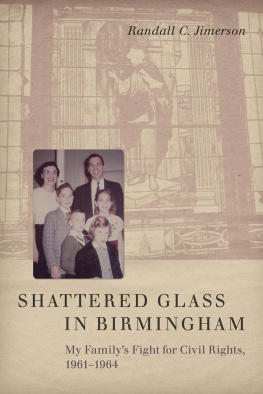

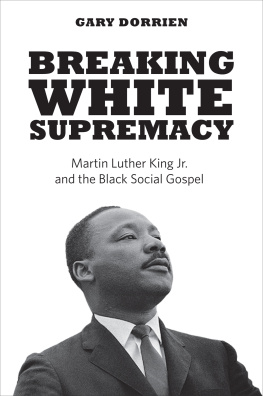
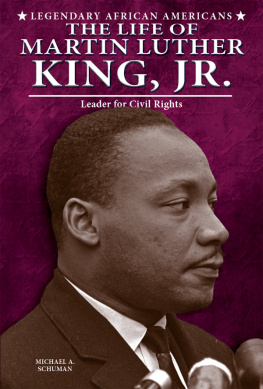
 AND THE
AND THE